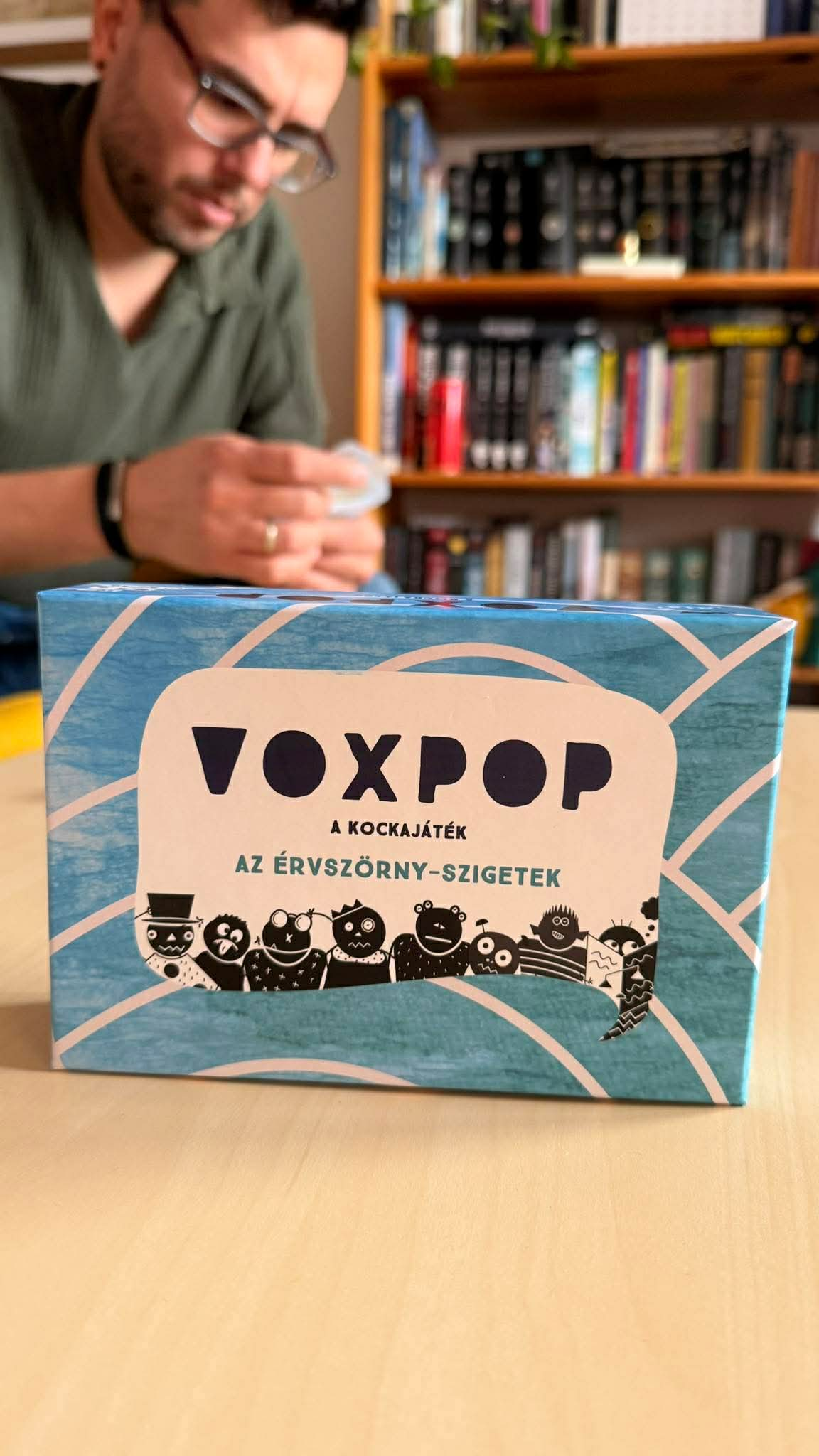When I get to know a new board game, I tend to look at it in three different ways, and often continue to do so even during casual play. Firstly, if the game is good, it captures me as a player, and I just try to play it. The less I try, the better the game. Then there’s the aspect of awareness, which has two forms. On one hand, as a teacher, I observe: what educational elements are there that I could use? On the other hand, since 2016, when my first board game was published, I approach it as a game designer, immediately stripping the game down to its core, searching for and interpreting its mechanics. And then there’s that moment when I get really angry that I wasn’t the one who created the game.
It’s not necessarily about getting frustrated over highly successful games, thinking, "Oh, I wish I had come up with Dixit and made a lot of money." Nor is it about wanting my name associated with Anachrony because it's a BGG Top 100 game, so complex and challenging. Even the idea of winning a bunch of awards doesn’t really catch my eye. Professional jealousy tends to surface when I come across a game that I could have designed myself. I can’t be jealous of a heavy euro game because I know I’d never come up with something like that. But the simple, clever, light games built on one or two ideas are close to my heart, and this year, I found two such games that really sting because neither was my idea—and they’re absolutely brilliant.
The two games I’m talking about are Foxy (GateOnGames) and Trio (Cocktail Games). I’ve played over 50 games of the former and more than 100 of the latter in just 2-3 months. Both are simple, short, my 7-year-old daughter loves them, the elementary school kids at my workplace enjoy them, and I even managed to teach them to the grandparents, who also really liked them. Despite this, neither game seems particularly original at first glance. It’s surprising that they didn’t exist until now, or at least that they hadn’t reached a larger audience. I’m amazed that in the 2020s, a memory game and a 36-card number game can still be exciting and successful.

And yes! Because we’re still open to simple structures. Sometimes we only have 10-20 minutes, and sometimes we’re drawn to something light. It feels good the way Foxy challenges my memory and how Trio taps into my card game knowledge and experience.
I would be incredibly proud if either of these games had come out of my workshop, but that’s not the case. So, I’ll keep working.




